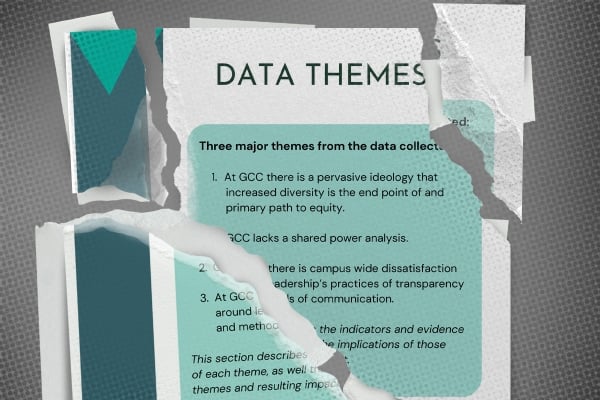In recent years, diversity, equity, and inclusion (DEI) have become increasingly important topics in higher education institutions. Colleges and universities are expected to create environments that are welcoming and inclusive for all members of their community. However, when reports surface that college leaders have intentionally hidden negative DEI information, it raises serious concerns about their leadership and commitment to creating a diverse and inclusive campus.
Recently, several colleges and universities have come under fire for failing to disclose negative DEI reports. In some cases, college leaders were found to have actively hidden this information in order to maintain their public image and reputation. This behavior not only goes against the values of transparency and accountability that are expected of college leaders, but it also undermines the integrity of the institution as a whole.
In response to these revelations, many members of the college community, including students, faculty, and staff, have called for a vote of no-confidence in the leaders who were involved in concealing the negative DEI report. A vote of no-confidence is a powerful statement that signifies a lack of trust and support in the leadership of an individual or group in a position of authority.
When college leaders are found to have hidden negative DEI information, it is a betrayal of the trust that the college community has placed in them. By concealing these reports, they are not only failing to address the systemic issues that exist within their institution, but they are also sending a message that they prioritize their own interests over the well-being of their students and staff.
A vote of no-confidence can be a necessary step for the college community to hold their leaders accountable for their actions. It sends a clear message that this kind of behavior is unacceptable and that the college community expects better from its leadership. Additionally, it can put pressure on the college leaders to take action to address the issues raised in the DEI report and to make changes that will create a more inclusive and equitable environment for all members of the community.
In conclusion, college leaders who hide negative DEI reports are failing in their duty to create a welcoming and inclusive campus for all members of the community. A vote of no-confidence is a powerful tool that the college community can use to hold these leaders accountable for their actions and to demand better from those in positions of authority. It is essential that college leaders prioritize transparency and accountability in order to build a more inclusive and equitable campus for all.



